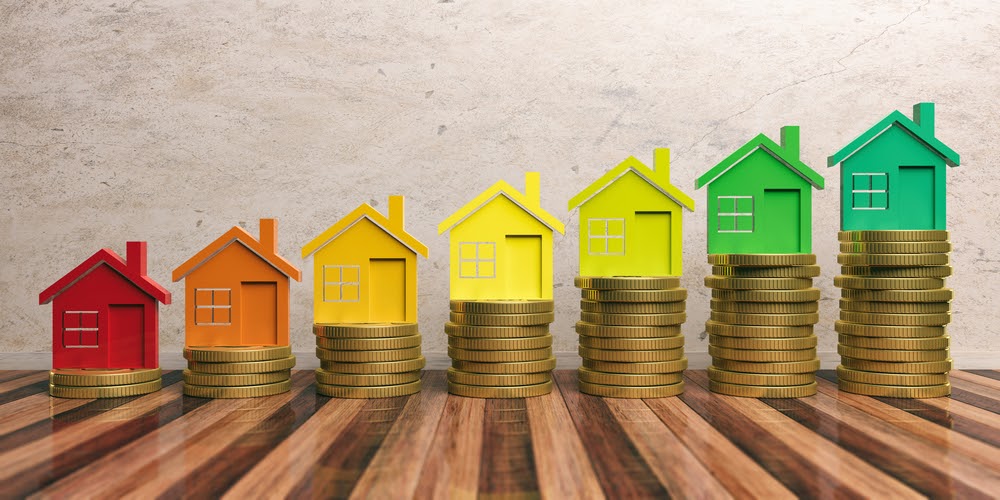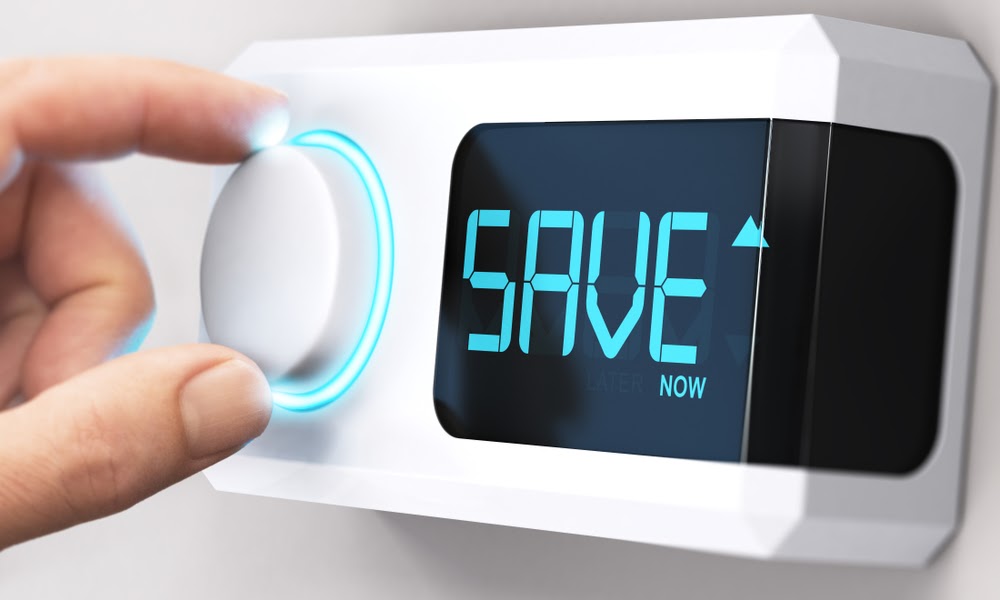Should Homeowners Hire a Certified Energy Auditor for a Home Energy Audit?
Homeowners who want to decrease their carbon footprint, live greener and, of course, possibly decrease their monthly energy bills may decide to conduct a home energy audit. While homeowners can DIY an energy audit of their home, some may prefer to hire a pro to zero in on all the possible energy drains.
When looking for a pro to conduct a home energy audit should homeowners hire a certified energy auditor? First homeowners need to understand what it means to be a certified energy auditor. According to the Association of Energy Engineers, “The Certified Energy Auditor is an individual who evaluates and analyzes how energy is being used in a facility, identifies energy conservation opportunities and makes recommendations where consumption can be reduced or optimized.”
A Certified Energy Auditor is the pro to handle home energy audits. However, the Department of Energy also directs consumers who want to hire a pro to the Residential Energy Services Network to find professionals to conduct an audit. This includes auditors and “energy raters.”

The Price of a Pro
Home energy audits conducted by a professional can vary in cost; the average price, however, is about $400. A portion of the audit may qualify for a rebate. Consumers can check with their energy provider to see if a rebate is offered on an audit.
Homeowners also can conduct a DIY home energy audit. This requires the homeowner to go room-by-room and analyze the energy use of the entire space. What do homeowners need to investigate? Here’s a quick checklist:
- Look at all outlets and power strips for unused devices, gadgets and appliances
- Switch out all incandescent light bulbs for LED (most homeowners have already likely done this)
- Look under sinks at plumbing valves and pipes. Are there leaks or drips?
- Check the faucets for leaks and drips
- Check the toilet valve for any leaks, wear and tear or evidence that it needs replacing. If anything looks suspicious, call the plumber!
- Check thermostat settings on the HVAC. In the summer, the temperature should be set to 78 degrees Fahrenheit. In the winter, drop the temperature to 68 degrees Fahrenheit.
- Set the thermostat on the hot water heater to 120 degrees Fahrenheit (unless there are health issues that require a higher setting)
- Upgrade appliances to energy-efficient options (if applicable)
- Hire a pro to check and maintain the HVAC
- Check the air filter in the HVAC (it should be replaced monthly or every other month)
- Consider installing low flow showerheads and faucets to save water
- Feel around windows for a draft.
- If the home gets overly hot during summer or too cold in winter, consider hiring a pro to check insulation.
- Homeowners who notice that snow melts on their roof quickly also may want to hire a pro to check the attic insulation.
Homeowners also can download the Benefyd app to assist them with their home energy audit. With Benefyd, homeowners will take a photo of each room in their house and enter data related to energy use. The app will provide recommendations on how to lower energy consumption and, hopefully, save money on the energy bills. In addition, homeowners also can find rebates via the app.
Why Go Pro?
Sometimes the energy bills seem to constantly rise. Homeowners might not know why or how to change their habits. While a DIY home energy audit can give some idea about energy use, a professional will conduct a thorough analysis of the entire home to get to the bottom of the energy story.
There could be a water leak or an energy drain that is seemingly hidden. The culprit that’s causing the soaring energy cost also could be a bigger problem like inadequate insulation. With issues like poor insulation, the HVAC could be forced to run constantly to keep the home cool or warm—depending on the season. This constant use could cause energy use to get out of hand quickly.
In addition, auditors also could find problems in the ductwork that lead to poor air circulation (causing the HVAC to be overworked). Auditors can spot all the problems and alert homeowners as to how to fix the issues (if repairs are needed).

Crazy Weather & High Bills
Homeowners may notice during a polar cold winter or a very blazing summer that their energy use is just out of control. Extreme temperatures may make it hard to keep the HVAC from constantly running. When dealing with extreme temps, though, homeowners can adjust the thermostat to the recommended temperatures (depending on the season), use ceiling fans to provide better circulation and make sure poor insulation isn’t an issue.
During the hot summers, homeowners should keep drapes closed so the sun doesn’t add more heat to the home. During winter, the sun may provide extra warmth if drapes or blinds are open.
Ready to Audit?
Homeowners who are interested in conducting a DIY home energy audit can download the Benefyd app via Google Play (for Android) or the App Store (for Apple). Best of all? Benefyd is free!


